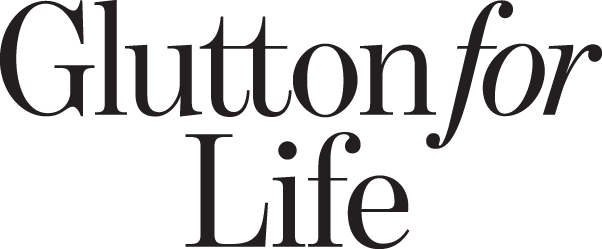1.16.10 (Life is) Short & Sweet

photo by george billard
An earthquake in Haiti. A funeral in Boston. One event global, the other local, but both bringing home the realization, once again, that life on this earth is not something to be taken for granted. How then to optimize the time we have? In a sense, this is what my blog is all about. To be a glutton for life means to gobble up experience, to hunger for everything out there. It means to want more of this life and, perhaps paradoxically, this means finding some measure of restraint, some balance. Life is pain and suffering, and it is joy and wonderment. We must learn from both extremes in order to create harmony somewhere in the middle. Today, I listened to the eulogies for a great man who died of cancer. A philanthropist and successful businessmen, a supporter of the arts, a horseman (those are his horses, above), a family man, a beloved friend. His accomplishments in just 68 years were staggering. The Boston Symphony played under the direction of Sir Colin Davis. James Taylor sang. This was no ordinary man, and yet the qualities for which he was most lauded were things we can all strive for: moral integrity, loyalty, selflessness, humility, curiosity about the world, a thirst for knowledge.
Thinking about how precious life is made me want to talk to you about safeguarding your own health. If, like me, you are headed into middle age, you have probably become acutely aware of changes in your body: the grey hair, the thickening around the middle, the loss of flexibility. Ladies, are you taking your calcium? Your vitamin D (all of us, but especially women of color)? We should all be taking fish oil now, to support out cardiovascular health and help us think clearly. Exercise is more important than ever. Are you sighing and getting fidgety as you read this? Feeling guilty and sulky? These are not hassles, duties, things to procrastinate. These are gifts you give yourself every day, ways to feel better, clearer, stronger, more centered.
Perhaps the changes you notice most are the emotional ones. Anxiety over not accomplishing enough. Fear of aging. Resentment because so many people depend upon you that you barely have time to read this, let alone take fish oil every day. I know that not having children gives me a huge advantage in terms of time. But you must find a way to make time for yourself—and for the things that truly matter. Your health, mental and physical, simply has to be a priority. Because life is short enough without losing precious moments to disease and depression.
And some of this really does come back to food. The old saw about how you are what you eat. Follow along with me here and I will help you eat better—and feel better. Give up all that white flour. Use meat more as a flavoring than as the centerpiece of your meals. Reject processed, packaged crap in favor of whole foods you prepare with care. Discover that what is good for you can also be just plain good. Make the effort and reap the reward. I'll just leave you with these thoughts to mull over. One last thing: this blog is meant to be a dialogue. I would so value your input on this and every topic. If you want to see more of certain kinds of recipes, just ask. If you need sources for ingredients, I can help you. If you are confused about what supplements to take, I will point you in the right direction. I'm so interested in hearing about your concerns and desires. And I want to thank you for visiting me here. It's been a great first month and I'm excited for what lies ahead...






9 Comments